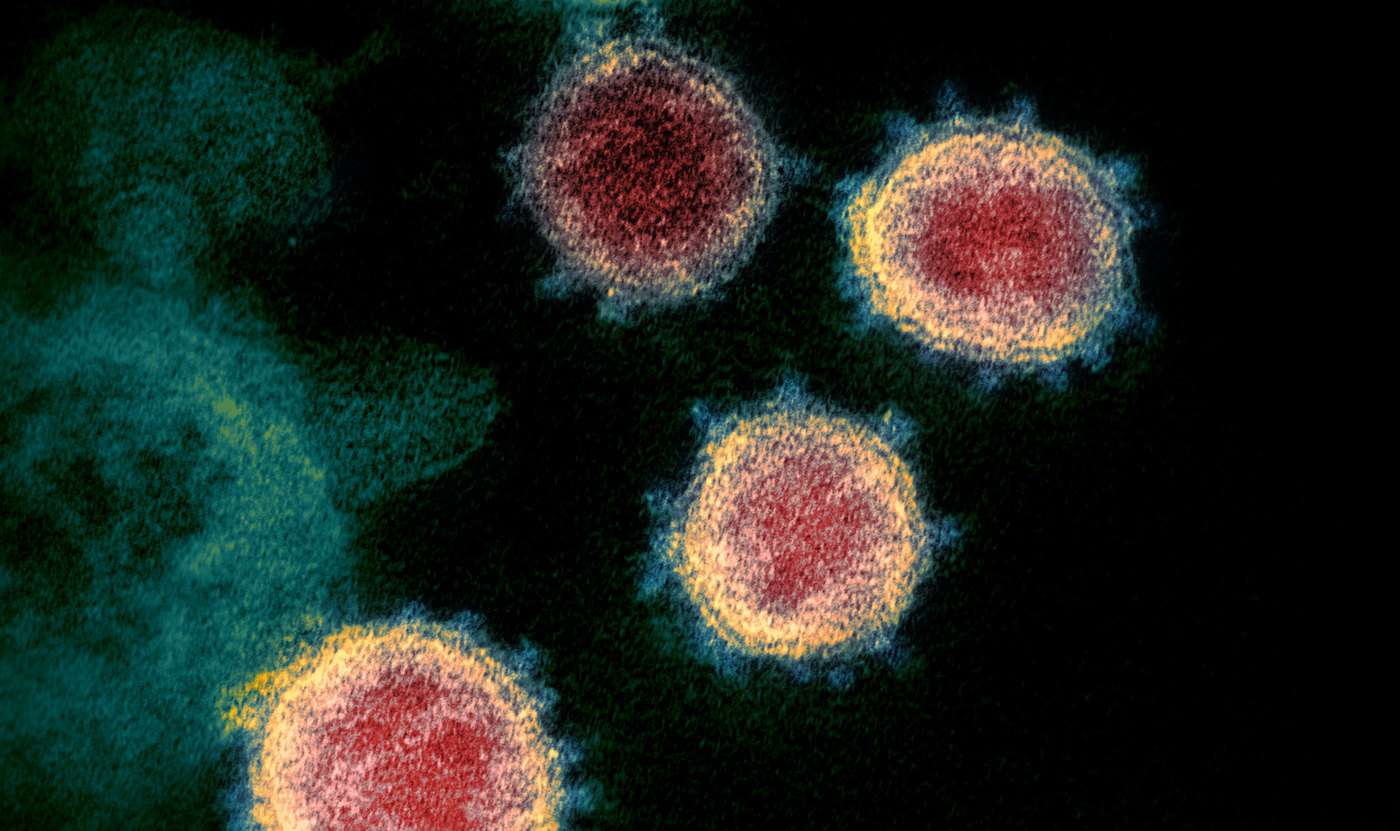The 'Frazzled Cafe' Online Provides Virtual Support From a Comedian Mindfulness Expert
Frazzled Café Online is like a neighborhood coffee shop in a virtual environment, where people who are feeling overwhelmed can share their experiences.

Reprinted with permission from World At Large, a news website of nature, science, health, politics, and travel.
There are currently over 100 COVID-19 vaccines going through trials, most of which focus on the use of antibodies, a powerful immune-system weapon.
A new paper published in Nature from Swiss, French, and American scientists identified an antibody taken from a patient infected with the SARS (severe acute respiratory syndrome) virus during the outbreak in 2003 that seems to neutralize COVID-19's infection potential.
Antibodies are produced by the immune-system in response to foreign material in the body. 25 antibodies were identified as potentially competent in detecting the COVID-19 virus and binding to its spike protein, the docking mechanism that allows the virus to infiltrate our cells. Eight of these were found to be able to bind both to free viruses and already infected cells.
One candidate, named S309 was shown to have particularly strong neutralizing activity against COVID-19, and by solving the crystal structure of S309, the authors demonstrated how the antibody binds to the viral spike protein while working in combination with another, less potent, antibody that targets a different site on the spike.
This synergistic activity could enhance neutralization while reducing the chance of resistant mutations emerging, the authors suggest.
Another weapon in the immune-system's arsenal are killer T-cells. These compounds help us fight some viruses, but throughout the COVID-19 pandemic their role as potentially helpful or benign has been unclear.
Two studies, according to Science, have found that the killer T-cells of COVID-19 positive patients have the potential to both identify and destroy the now famous virus. Moreover, the studies revealed that some people who have never been exposed to COVID-19 also harbor these T-cells—most likely because they were infected with another form of coronavirus in the past.
Immunologists at the University of La Jolla note that epidemiological estimations on conferred immunity depend heavily on two factors. The first is whether infection with COVID-19 confers some kind of immunity, and the second is whether immune responses developed from exposure to other coronaviruses like the seasonal flu have cross reactive properties.
"There is an urgent need to understand the magnitude and composition of human (T-cell) response," reads the study, published in Cell.
"If natural infection with SARS-CoV-2 (COVID-19) elicits potent […] T cell responses commonly associated with protective antiviral immunity, COVID-19 is a strong candidate for rapid vaccine development".
Examining 10 patients that had recovered from mild symptoms of COVID-19, the team from La Jolla identified the presence of a Helper T-cell that identified the COVID-19 spike protein in all ten individuals.
Helper T-cells work by sounding an alarm that identifies the target cell and sends biological signals to other immune cells like B-cells and antibodies.
They also found the presence of a killer T-cell that identified the COVID-19 spike protein in 7 out of 10 infected individuals. "The immune system sees this virus and mounts an effective immune response," said Alessandro Sette, one of the La Jolla immunologists.
The results of their analysis correspond with a study posted as a preprint (an article yet to go through peer-review) on medRxiv in April by University Hospital in Berlin which found that 15 out of 18 patients hospitalized with COVID-19 had helper T-cells targeting COVID spikes.
Andreas Thiel who was involved with the Berlin paper also found 34% of the blood samples of 68 uninfected people had these same helper and killer T-cells, which Thiel suggests might be because they've been exposed previously to some form of coronavirus.
"It is encouraging that we are seeing good helper T cell responses against SARS-CoV-2 in COVID-19 cases," said Shane Crotty, another of the La Jolla immunologists.
If these collections of findings can be replicated, then, as the scientists from the Cell paper point out, COVID-19 is a strong candidate for vaccine development.
(Photo: novel coronavirus SARS-CoV-2 (COVID-19) by NIAID, CC 2.0)
SHARE Some Hope on Your Social Media Feeds…
Need more positive stories and updates coming out of the COVID-19 challenge? For more uplifting coverage, click here.
Be the first to comment